Knowledge center
ATIM LAW FIRM
The Way Out For Multi-level Sale Industry In The Future
Retail trading via multi-level method, multi-level sale (“MLS“) a.k.a. direct selling has been presented in Viet Nam since the beginning of 2000s and gained the high revenue in the very first years joining the market. After nearly 20 years of existence and development in Vietnam, MLS market is going through the gloomiest period in the development history of the industry, when a series of MLS enterprises end up their businesses. Until the end of 2018, there are only 30 MLS enterprises comparing to the total number of 67 enterprises in 2015 and 102 in 2013. This is the consequence of many reasons, in which the most important reasons are the barriers in Viet Nam trading environment, the notion of the public about MLS and legal policies of Viet Nam becoming more and more strict, etc.
Namely, Viet Nam has transparent and strict legal regulations to adjust, manage MLS activities and the rather strict application of regulations on licensing, inspection and administrative sanction. From the general legal documents such as Law on Competition in 2004 to Decree 110/2005/ND-CP, Decree 42/2014/ND-CP and at present, with Decree 40/2018/ND-CP, Circular 10/2018/TT-BTC, Decree 141/2018/ND-CP, it can be noticed that the tendency of law development towards more and more conditions complied by the enterprises and the higher and higher increase of penalty. The continuous change of government policy is explained to protect the participants as well as to supervise more closely the activities of the MLS enterprises in the context of the number of illicit MLS enterprises creating industry instability. Thus, whether setting strict conditions would limit the illicit MLS enterprises, or would eliminate genuine enterprises with good and quality products from manufacturers to consumers?
In addition, no new enterprise has been granted Multi-level sale activity registration certificate despite of the fact that there has been lots of enterprises asking for the MLS certificate since 2016 until now but none of them were accepted due to objective and subjective reasons. This situation has affected enterprises view, mostly the enterprises with good reputation in the world because they have to re-think about expansion of their business in Viet Nam. Moreover, this also shows the scrupulosity of state agencies in licensing MLS certificate to new enterprises.
In the world, MLS is a business model appeared since 1920s with the tendency of distribution development on person-to-person contact and exchange. Nutrilite Products, Inc., is the first company whose, later on, collaborators named Rich DeVous and Jay Van Andel are the founder their own enterprises called American Way Corporation, abbreviated Amway. Nowadays, Amway has become one of top MLS enterprise having presence in more than 100 nations and regions. Until now, MLS is a very common model all around the world. Sell product via this method helps reducing lots of expenses in product distribution stage, therefore bringing benefits to both seller and purchaser.
Besides, thanks to the great advancement of technology and communication in the era of 4.0 technology, MLS also has its new color. Instead of representation for hours and move to all around their country, the distributor can simply do their works via mobile phone, internet or e-commerce. Anyone can use their free time to join and work in anywhere. Accordingly, this is the need and the inevitable movement of the development, you will eliminate yourself if you do not catch up with the general movement.
According to the World Federation of Direct Selling Association’s statistic, revenue of multi-level sale industry reached USD 189.641 million, the growing speed reached 1,6%, number of participants was more than 116 million in 2017 all around the world. At present, there are many companies such as Ford, Colgate, Coca-Cola and lots of popular one has started applying MLS method to distribute their unique products beside of the original one. This fact proved that this retail selling industry has lots of advantages and would become inevitable movement development of retail method in the future.
Thus, the act of setting strict conditions of state agencies does not contribute to the genuine development of the industry and also leads to behaviors of a number of profiteering enterprises be contrary to the development tendency of the industry. Simultaneously, it also violated the commitment on market opening with the abolition of conditions for foreign investors to access to domestic market. However, it is worth mentioning that no enterprise has spoken out about this situation because of their apprehension and fear of policy difficulties when they launched their businesses in Vietnam.
Therefore, state agencies need to re-consider its policies due to the true nature of MLS is the direct economic benefits transformation from a company to a participant without any commercial intermediacy. The commission is paid to distributors – who develop the sales network and the state still collects personal income tax and value added tax on goods. The MLS business helps enterprises reducing the cost of opening too many retail stores and advertisement to introduce products to consumers. This is suitable with the current tendency of e-commerce and the businesses developing through e-commerce channels leading to the closure of large malls currently.
If the state agency has recognized and protected this retailing business method, it is necessary to facilitate the development of this industry by specific legal regulations and post-inspection mechanism instead of imposing a one-sided policy to limit the development of the industry. On the other hand, the current approach of Viet Nam is contrary to WTO commitments on market opening, including retailing distribution service via multi-level method as well as regional FTAs.
As an alternative, the state can prevent the illegal activities of MLS by:
- Enhancing the propaganda for the public, improving their knowledge so that they can understand the true nature of this business form, choose the suitable products as their needs and understand obviously and correctly about the compensation plan of multi-level sale enterprises.
- Strengthening the management functions and responsibilities for early detection, handling and elimination of multi-level companies taking advantages of the MLS form to violate the law and damage the genuine MLS industry.
- Facilitating industry associations to set good standards for propagandizing and educating the public and the business community in general about the MLS industry in the world and in Vietnam.
In conclusion, MLS is a common business activity and a development tendency of retail industry recognized and protected by Vietnamese law as well as nations worldwide. The violations of the unrighteous enterprises come from the human rapacity, intentional violations of legal regulations and business morality. Legal violations in such enterprises can occur in any other legitimate business lines and areas having appropriate sanctions according to the laws. Therefore, we need to have objective view to void negative thought that MLS is cheating and find the way to overcome, mostly about perspective, legal thinking to get MLS back to its pure nature to catch up with the global development trend.
 ATIM LAW FIRM
ATIM LAW FIRM

